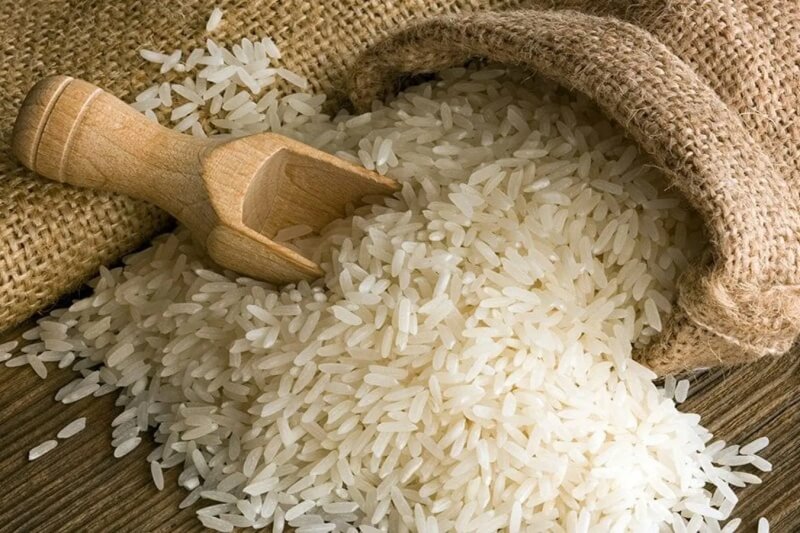High Court halts cabinet plan for duty-free rice imports

In the petition, filed through Simon Chege Kamangu, the farmers argue the decision lacked public participation, infringes on constitutional rights, and would distort the market to the detriment of local producers and importers.
The High Court has stopped the government from implementing a directive that would have allowed the duty-free importation of 500,000 metric tonnes of Grade 1 rice, pending the determination of a case filed by local farmers.
Justice Edward Muriithi issued a conservatory order suspending a gazette notice dated July 28, 2025, which approved the tax waiver until December 31, 2025. The court certified the farmers’ application as urgent and scheduled the matter for mention on August 14, 2025.
In the petition, filed through Simon Chege Kamangu, the farmers argue the decision lacked public participation, infringes on constitutional rights, and would distort the market to the detriment of local producers and importers.
Government records indicate the imports were framed as a measure to protect Kenyans from food shortages caused by global supply chain disruptions. The farmers, however, insist the plan is effectively a “price control” scheme.
They claim that bringing in a large quantity of duty-free rice will push down the price of locally grown Grade 1 rice, both at the paddy and retail levels—erasing the economic value of their harvests.
“There is currently no rice shortage in the country following recent harvests and existing private reserves, stating that the government has not exhausted local supplies before opting for imports,” the farmers say.
They add that routine taxed imports of Grade 1 rice have not faced any disruption in supply or pricing globally.
The petition also accuses the government of misusing provisions of the East African Community Customs Management Act (EACCMA) that are meant for emergency relief goods. Farmers argue that no disaster or emergency has been declared to justify such waivers.
Section 114(2) of the EACCMA, they point out, applies only to goods imported for emergency use in areas hit by natural disasters—conditions they say do not exist in Kenya at present.
They allege the Cabinet’s move breaches multiple constitutional provisions, including Articles 10, 26, 27, 40, 43, 47, 114, 118, and 210, as well as the Fair Administrative Action Act and the Price Control (Essential Commodities) Act.
The farmers contend that their right to property under Article 40 and their economic rights under Article 43 are threatened, as the imports would directly reduce the value of local rice. They further argue that the decision favours the Kenya National Trading Corporation (KNTC), the designated importer, creating an uneven playing field.
They say consultations were limited to government agencies, excluding farmer associations and private sector players in the rice trade.
The petition draws comparisons to the Auditor General’s Special Audit Report on Edible Oils at KNTC released in July 2024, claiming the current import plan reflects a similar pattern that previously benefited select entities while undermining market fairness.
